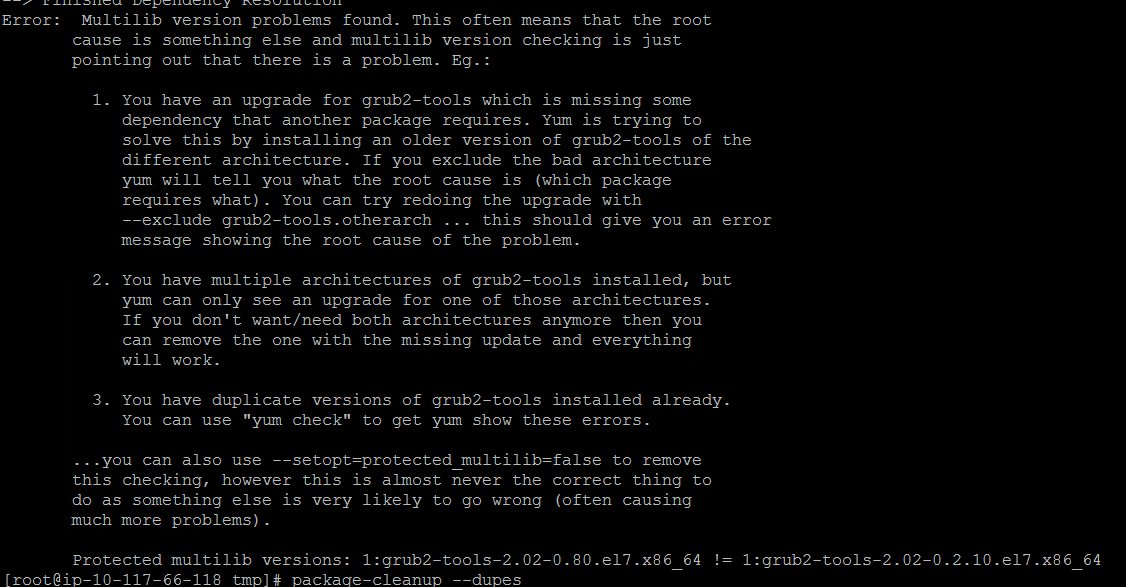To generate a regular expression that can extract valid domain names without “www” from a paragraph, you can use the following pattern:
(?:[a-z0-9](?:[a-z0-9-]{0,61}[a-z0-9])?\.)+[a-z0-9][a-z0-9-]{0,61}[a-z0-9]
This regular expression uses the following elements:
(?:...)is a non-capturing group, which allows you to group parts of the pattern without creating a capturing group.[a-z0-9]matches any lowercase letter or digit.[a-z0-9-]{0,61}matches any lowercase letter, digit, or hyphen, occurring 0 to 61 times.+is a quantifier that matches the preceding element one or more times.\.matches a literal dot.
This regular expression will match domain names that consist of one or more subdomains, followed by a top-level domain (TLD). For example, it will match “example.com”, “subdomain.example.com”, and “sub.subdomain.example.com”, but it will not match “www.example.com“.
To use this regular expression to extract domain names from a paragraph, you can use a regular expression library in your programming language of choice. For example, in Python you can use the re module:
import re
pattern = r"(?:[a-z0-9](?:[a-z0-9-]{0,61}[a-z0-9])?\.)+[a-z0-9][a-z0-9-]{0,61}[a-z0-9]"
text = "The website is located at example.com. Please visit us at subdomain.example.com."
matches = re.findall(pattern, text)
print(matches) # Output: ["example.com", "subdomain.example.com"]
I hope this helps! Let me know if you have any questions.






